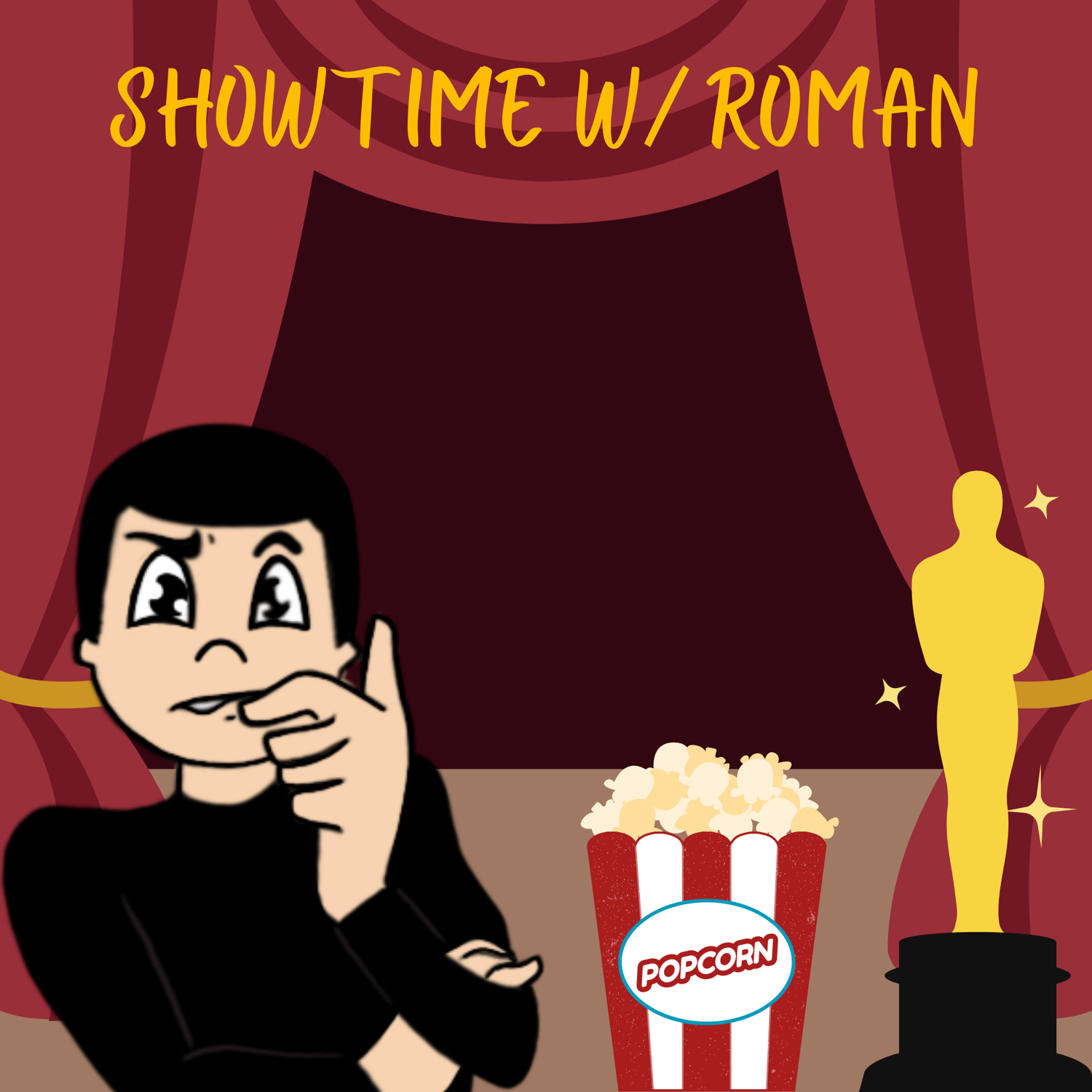Review: Glass
- Roman Arbisi

- Jan 18, 2019
- 4 min read
A film that doesn’t shatter expectations because it’s a bit too fragile.

From the zany mind of M. Night Shyamalan comes the conclusion of his very own trilogy, Glass. Set shortly after the events of 2016’s Split, Glass sees David Dunn (Bruce Willis) pursuing The Beast (James McAvoy) before they are both captured and brought to a mental facility by Dr. Ellie Staple (Sarah Paulson).
Split was a huge surprise for many moviegoers as it showcased a return to form for “The Next Spielberg?” From it’s tight camerawork, to gripping writing, Split was a huge success commercially and critically, thus setting our sights on the conclusion to his trilogy, Glass. A film that doesn’t shatter expectations because it’s a bit too fragile.
Right from the get go, Shyamalan laces the film with his trademark sensibilities and it feels like the next natural step from the previous outing. Although we hadn’t been with David Dunn for 19 years you are instantly caught up to speed with brief, efficient exposition. This sets up an enticing clash between David and The Beast that we all know leads to discovering that Mr. Glass (Samuel L. Jackson) is being housed under the same facility as them. The most noteworthy aspect here is that Glass seeks to cover a lot of ground thematically, dramatically, and with its colorful cast characters. For better or worse, Glass succeeds and simultaneously crashes under pressure.
During the runtime, there are a lot of really admirable ideas and concepts coming from the mind of Shyamalan. Unfortunately, many of these in execution feel short-changed or unexplored for filling the film with a lot more plot than need be. When a new idea is presented, there are brief moments of further highlighting the significant weight it bears on a specific character. The film manages to find a way to pay-off these ideas, but in an unearned way due to the lack of fleshing out so many interesting moments of rich value. Whether you believe Shyamalan is a hack or a misunderstood auteur, his ambition has always been admired and love for the craft unparalleled.

The writing here is the most bizarre aspect of Glass, and it could be contributed to head-scratching editing as well. Many scenes, as mentioned, are quite brilliant, while others not so much. Sure the dialogue and delivery of it could be nitpicked to infinity and beyond, but the scenes and structure themselves simply lack the focus that was presented in Split. Surely, Shyamalan was dealing with a much more confined project, but for a talent that’s made over a dozen films, you would feel as if those ambitions shouldn’t be getting the best of him. Many scenes elevate to the mundane and most rudimentary of execution and it shows the low budget even more. This comes to our attention the most in a third act that completely sums up the entire experience of Glass. Moments where the edits feel misplaced, the camera moves awkwardly, and characters sprout up just like a comic-book would do it, but it just doesn’t quite work for this medium.
Positively, Shyamalan infuses Glass (much like the rest of the trilogy) with so much perspective, style, and vivid commentary. Something that has become lost in the big films with over 10 times the budget of this, it is always great seeing a superhero film filled to the brim with a voice. The commentary from Unbreakable and Split continues in further discussing the topic of having special abilities and the psychological warfare with that. The commentary on people trying to suppress the hidden gifts within all of us because it doesn’t abide by social norms or constructs. The delicate touches of representation and metaphorical stand-ins for the psychologically tormented is something veteran filmmakers should excel at, and Shyamalan does. For all of the issues that litter Glass regarding script, editing, ambition, and plot, it almost overcomes that with such a profound and distinct voice from the film-maker. Which is, by all accounts, the most important thing a director should be doing with their project.

Glass isn’t a colossal failure that some may have anticipated, nor is it the epic conclusion many have been dying for. It’s a film that is led by a superb Jame McAvoy who proves why he is one of the most underrated performers working today. Although his DID is framed a bit disingenous sometimes, McAvoy brings it and goes toe-to-toe with one of Samuel L. Jackson’s greatest performances in a very long time. Bruce Willis disappoints otherwise in a zombie-esque performance, but they all bring a presence to the screen that compliments one another. Glass is a mixed bag with so many fruitful ideas ripe for plucking and digestion, but Shyamalan just misses the mark in bringing it all together for the big conclusion. Where there’s a good twist, there’s a bad one, and where there’s excellent cinematography there isn’t somewhere else. In all regards, Glass really embodies the highs and lows of what the medium has to offer, and with some reinforced plexiglass, this could have turned out better than it did.
Glass gets a 53/100






Comments